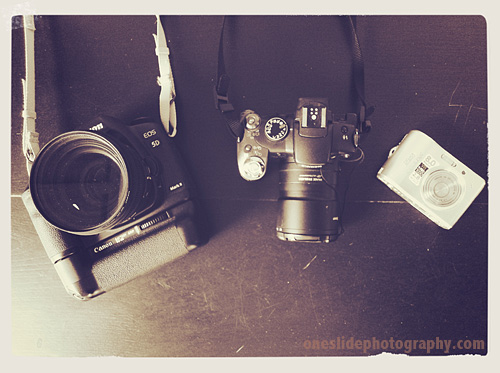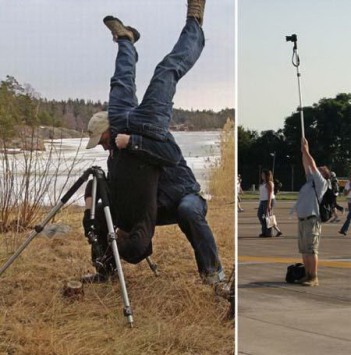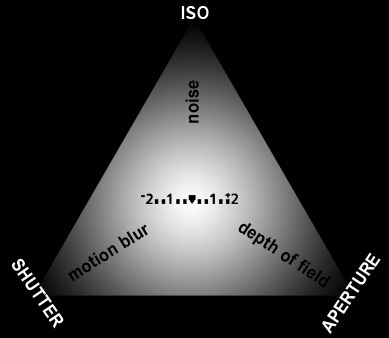
For those of you new to photography, shopping for a new camera can get quite confusing. Oftentimes beginners or amateurs of photography spend countless hours in the store and still end up buying the wrong product (not what’s right for their needs) because lack of knowledge and information.
In order to obtain the right digital camera for you that suits your wants and needs, avoid the following mistakes when purchasing a camera:
1.Not learning photography terms.
Before purchasing a camera, it’s very important to fill yourself photography knowledge. With that, you’ll be able to understand the specifications explained by the merchant and thus avoid purchasing the wrong model for your needs.
It’s also important to think about how you’ll primarily use said camera. Will it be once in a while, or day-to-day for a job, or a hobby? Preparing a list of plans of usage will help the seller find and recommend the right camera type for you.
2.Too focused on the camera specifications, and not its type.
When comparing one camera to another, don’t be too focus on the resolution size or the zoom feature. Too focused on certain specification will end with you buying the wrong model.
For instance, a camera with a 10 MP and one with 8.5 MP really don’t have significant difference when it comes to image sharpness, especially for beginners or amateurs. This is also true for the zoom feature; 30x combined digital and optical zoom won’t necessarily zoom into objects significantly greater than a 10x optical zoom. Compared to digital zoom, optical zoom results in better images.
3.Not estimating the budget.
Draw up a budget plan for the camera and follow its guidelines. Many amateur photographers spend extra money for gears they don’t really need or can’t really utilize it well yet.
If your budget plan only includes buying a camera and a camera bag, don’t be tempted at buying tripods, extra lenses, or other accessories. You may not know yet if those things will be of much use yet. Keep your focus on the features and the specifications of the camera that you need. Buy extra gears when you feel that you’ll really need them.
4.Buying an unknown untrusted brand.
Unknown brands may offer cheaper prices than their well-known counterparts. But this doesn’t mean the quality will be equal. Consult review of the best camera brands via online forums. You can also ask the professionals in photography. A few examples of a trusted brand are Canon, Nikon, Sony, Pentax, Olympus, Leica.
5.Not trying and testing the product before purchase.
Even though you’ve already read through the models and specifications in brochures, this doesn’t mean it’s safe for you to just make an instant buy. It’s very important to try the model before you decide on your purchase. Take a few shots with the camera. Conclude whether or not it’s the right camera for you by testing it and feeling how it suits you.
Some digital cameras may be too thin or small, making it not be comfortable to grip if you have wide palms or fingers. Maybe then you’ll decide you need a bigger bulkier model after you test a few camera models out.
Not just the size of the camera that matters. You should try and toggle the on/off buttons and other features. Make sure that each function can easily be used and reached by your fingers. Check the weight and balance of the body. It’s also a good idea to bring along a friend that’s familiar with cameras when you’re out shopping for your first camera.


















